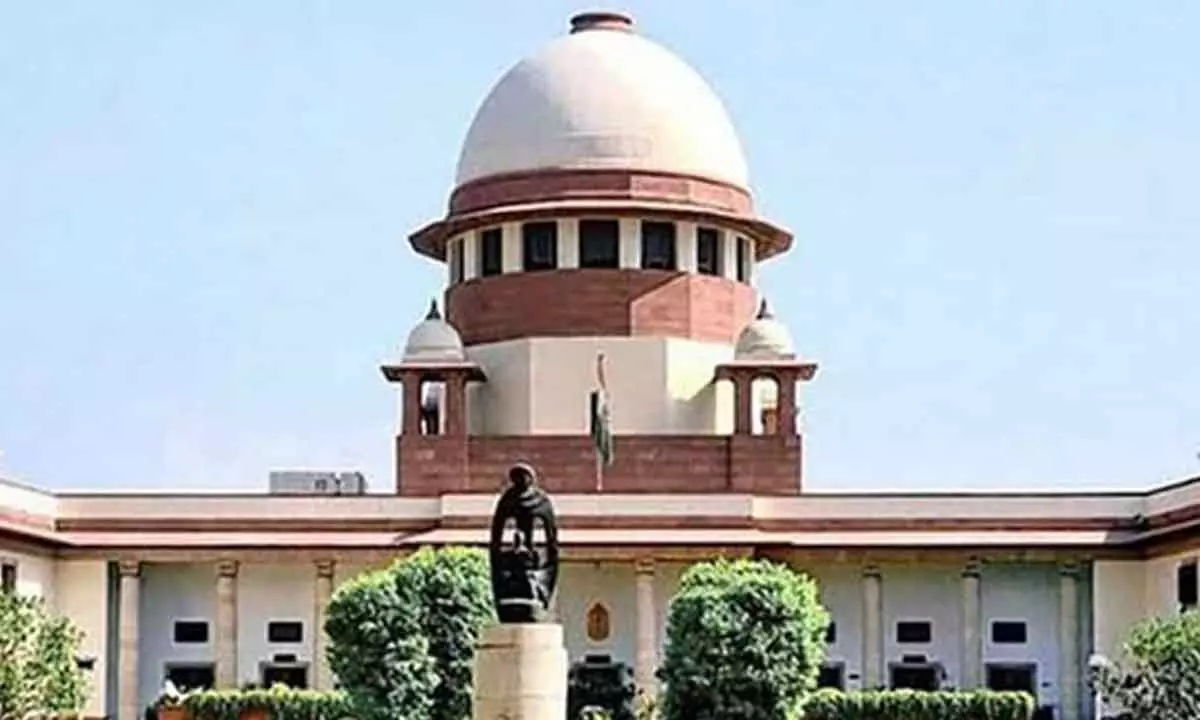Drug regulation should not be kept waiting for SC’s directions
The Supreme Court did not mince words when it reprimanded the Baba Ramdev-promoted Patanjali Ayurved on Tuesday. It cautioned the company, which sells Ayurvedic medicines and herbal products, against making ‘false’ and ‘misleading’ claims in advertisements about its products. The reaction of Ramdev was quite melodramatic.
image for illustrative purpose

The Supreme Court did not mince words when it reprimanded the Baba Ramdev-promoted Patanjali Ayurved on Tuesday. It cautioned the company, which sells Ayurvedic medicines and herbal products, against making ‘false’ and ‘misleading’ claims in advertisements about its products. The reaction of Ramdev was quite melodramatic. “If we are liars, then fine us Rs. 1,000 crore, and we are also ready for the death penalty. But if we are not liars, then punish the ones who are really spreading the false propaganda,” he said the next day. The entire episode should be seen as a sad commentary on drug regulation and government responsibility. The Indian Medical Association (IMA) had in February 2021 expressed shock over Patanjali Ayurveda’s ‘blatant lie of WHO certification” for Coronil tablet, which it claimed was an ‘evidence-based medicine to fight Covid-19’. When Patanjali introduced Coronil in June 2020, the Union Ayush Ministry had dismissed Patanjali’s tall claim and categorized it as an ‘immuno booster’. It directed it to stop claiming that Coronil could prevent Covid-19.
In October 2020, Patanjali urged the government to upgrade Coronil from ‘immunity booster’ to ‘medicine for Covid-19’.
Minister of State for Health Bharati Pravin Pawar told the Lok Sabha in July 2021 that the plea was rejected, though it could be used as ‘a supporting measure in the management of Covid-19 without claiming cure’. The IMA was incensed not just by Ramdev’s claims but also his tirade against allopathy or modern medicine. The IMA’s stand received support from the Supreme Court Bench headed by the then Chief Justice N.V. Ramana, who maintained, “He should not criticize the other systems. What is the guarantee that the system he is following will work?” The Central Drugs Standard Control Organisation (CDSCO), which is the national regulatory body for cosmetics, pharmaceuticals and medical devices, should have come out with such a statement. That was not all; the then Union health minister Harsh Vardhan, himself a doctor, was present at the launch of Coronil in February 2021. In short, it was worse than a regulatory failure; the launch seemed to have enjoyed Centre’s support.
Evidently, the apex court’s strong words did not have much impact on Ramdev’s statements. This is the reason that the Bench, comprising Justices Ahsanuddin Amanullah and Prashant Kumar Mishra, orally stated on Tuesday, “All such false and misleading advertisements of Patanjali Ayurved have to stop immediately. The court will take any such infraction very seriously.” It was hearing the IMA’s plea. The apex court also asked the government’s lawyer to find a remedy to the issue of misleading medical advertisements where claims are being made about medicines that offer perfect cure of certain diseases. But why should the highest court of the land have to do that when there is already a statutory body, the CDSCO, for that purpose? It is incumbent upon the government to ensure that its functionaries don’t promote unproved drugs and also compel the regulators to function properly, at least for the sake of people’s health.

